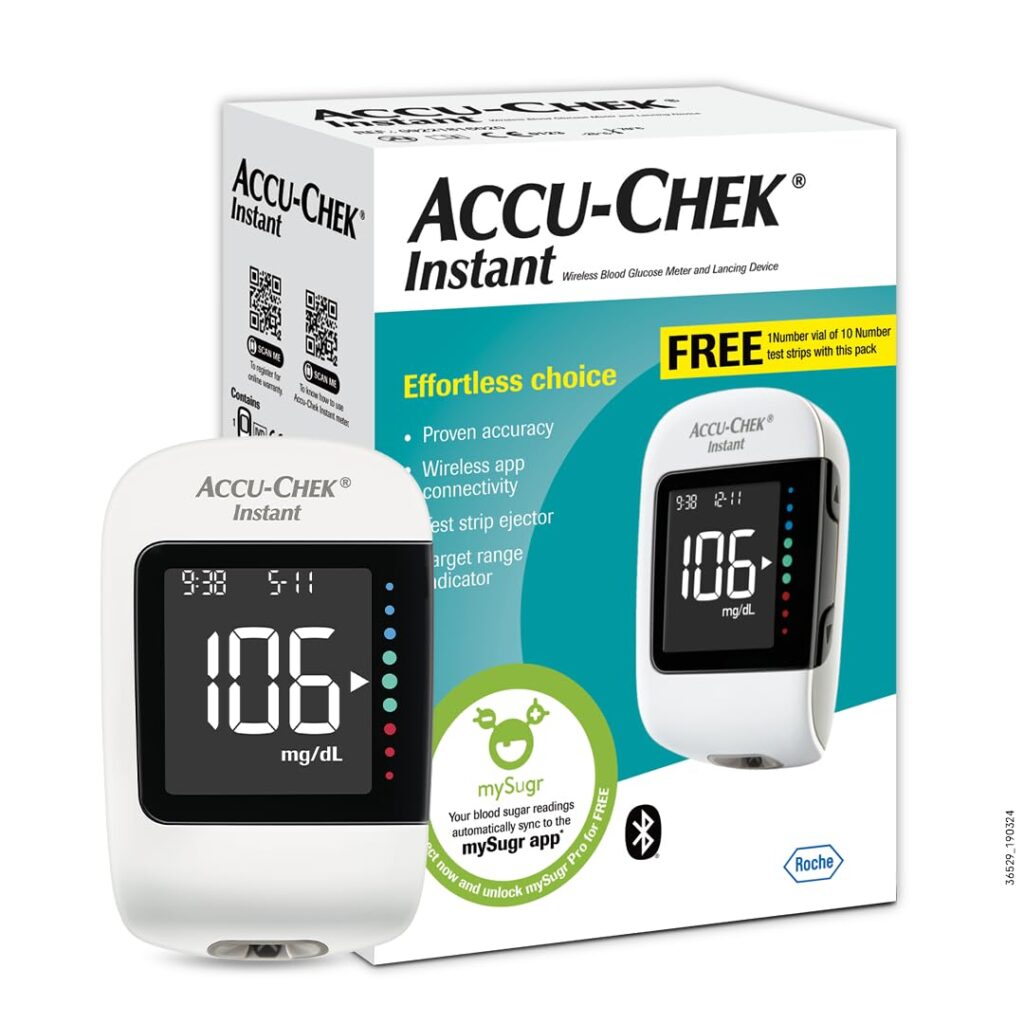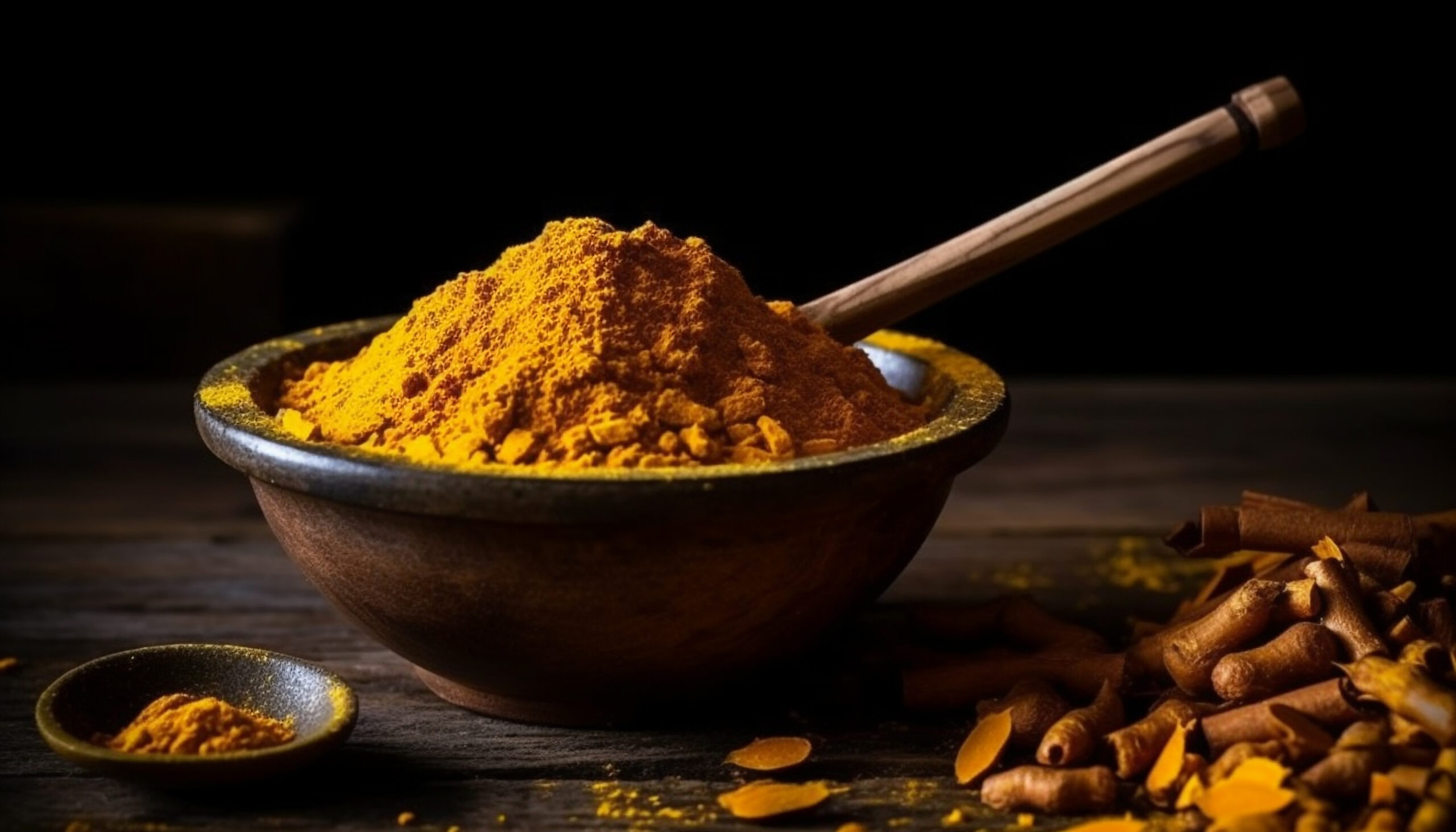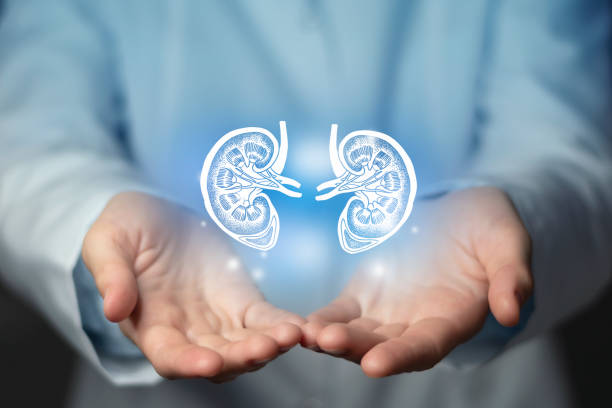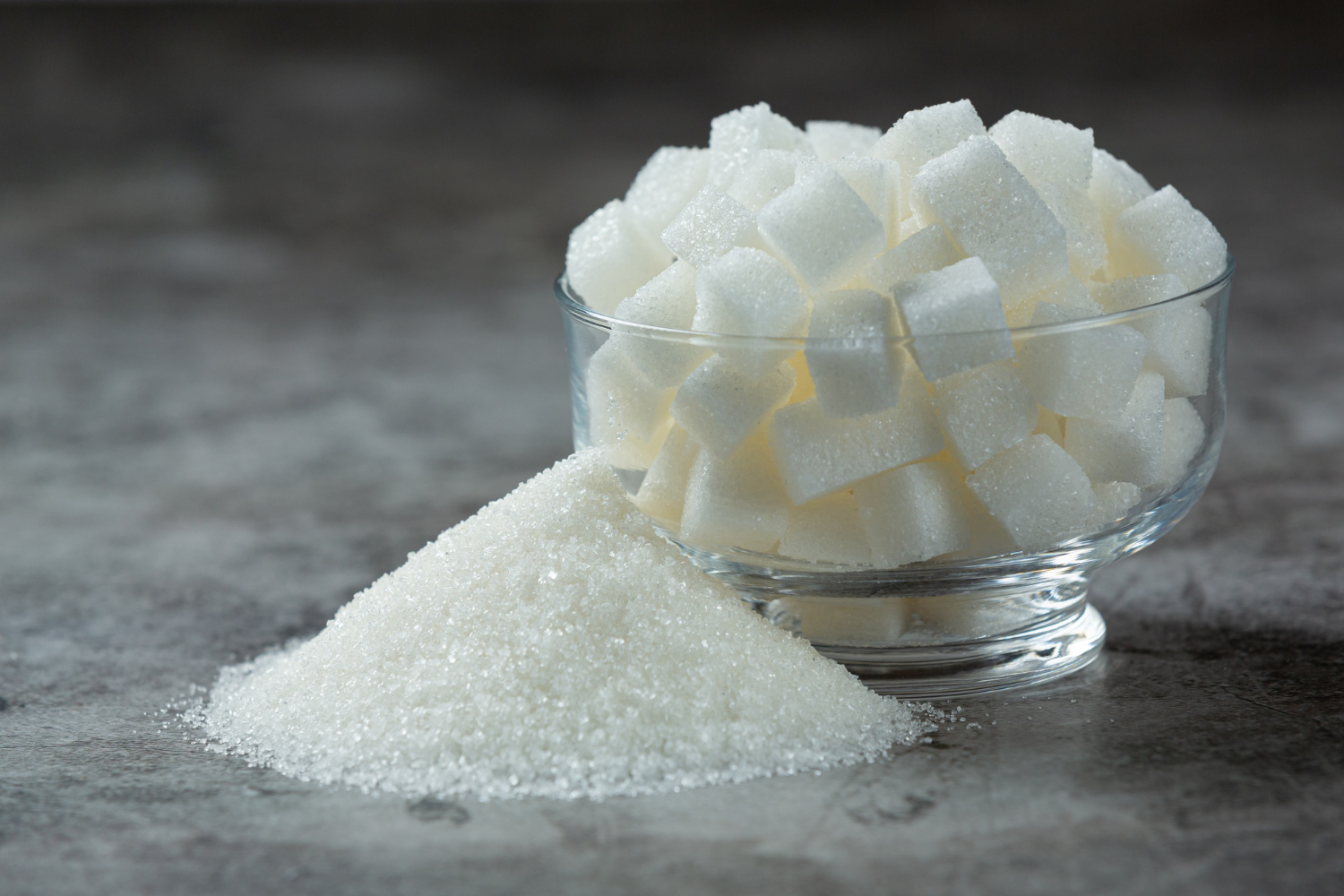Diabetes Alert: We’ve all heard this from our childhood: “If you eat sweets, you’ll get diabetes!” But is it really true that eating sugar or sweets directly causes this chronic disease? Or is it just a myth that we’ve been blindly following without giving it much thought?

Diabetes and Sugar: Is it a Myth or a Fact?
Diabetes has become a growing concern for people worldwide. It’s a chronic condition that affects how the body turns food into energy. Health experts emphasize the importance of taking precautions to prevent diabetes because its impact can be life-changing. Interestingly, it’s not only older adults who are vulnerable; even young people and children can develop this disease. The increasing number of cases in younger age groups shows how vital it is to focus on prevention.
Doctors and nutritionists agree that diabetes can be managed by adopting healthy habits and making better food choices. Leading an active lifestyle, staying away from smoking and alcohol, and paying attention to what you eat are essential steps in this direction. By being careful about these factors, you can reduce the chances of developing diabetes and live a healthier life.
The Role of Diet
The food we eat plays a significant role in determining our health, especially when it comes to diabetes. Our diet can either protect us from the risk of diabetes or, if not managed well, can become a contributing factor in its development. Many people believe that cutting out sugar from their diet is the only way to keep this disease at bay. But is avoiding sugar the magic solution?
Dietary habits like consuming excessive sugary foods, skipping meals, and choosing processed foods over fresh fruits and vegetables can negatively affect your health. It’s important to realize that a balanced diet, which includes a mix of all nutrients — protein, fiber, healthy fats, and good carbohydrates — is crucial to maintaining healthy blood sugar levels.

The Link Between Sugar and Diabetes
Since childhood, most of us have been taught that eating sweets can lead to diabetes. It’s a common phrase that echoes in many homes: “If you eat too many sweets, you’ll get diabetes.” But does eating sugar directly cause this chronic disease? Or is it a common misconception that needs to be addressed?
Health professionals explain that eating too much sugar can definitely increase the chances of diabetes, but it’s not the sole reason. Sugar consumption is just one of the many factors that affect diabetes risk. Other elements like physical activity, body weight, stress levels, and genetics also play a role in determining who is at risk of developing the condition.
How Does Sugar Affect the Body?
It’s helpful to understand what happens in your body when you consume sugar. Sugar is a type of carbohydrate that, when consumed in large quantities, can lead to weight gain and obesity. These two factors are major contributors to diabetes risk because they affect how the body uses insulin. Insulin is a hormone produced by the pancreas that helps your body use sugar as energy.
When you eat too much sugar over a long period of time, your body has to work harder to produce insulin. This can lead to insulin resistance, where the cells in your body stop responding properly to insulin. As a result, blood sugar levels can increase, and this sets the stage for type-2 diabetes to develop.
GET THE BEST KIT TO CHECK YOUR DIABETES
Take control of your health today! Get your diabetic checking machine and monitor your blood sugar levels with ease.

What Do the Studies Say?
Research studies have provided valuable insights into how sugar affects the risk of diabetes. The American Diabetes Association says that eating sugar alone doesn’t directly cause this disease, but consuming foods and drinks high in added sugar can be harmful. Sugary drinks like sodas, sweetened teas, and packaged juices are especially problematic because they are quickly absorbed into the bloodstream, causing sudden spikes in blood sugar.
One well-known study by Harvard University found that people who drank sugary drinks regularly were more likely to develop type-2 diabetes. In fact, their risk was 26% higher compared to those who didn’t consume such beverages often. This highlights how sugar can indirectly increase your chances of developing diabetes by contributing to other problems like obesity and insulin resistance.
Should You Stop Eating Sugar Completely?
Health experts say that the real problem lies in added and processed sugar, not in natural sources of sugar like fruits. Added sugars are often hidden in packaged foods, sweetened cereals, sauces, and drinks. These hidden sugars can add up quickly, even if you don’t realize it. Cutting down on added sugar can be a powerful step in managing diabetes risk.
This doesn’t mean you have to avoid all sweet foods completely. You can still enjoy natural sugars found in whole fruits and vegetables because these foods also provide fiber, vitamins, and minerals. Fiber slows down the absorption of sugar and helps keep your blood sugar levels steady.
The key is moderation. Instead of completely cutting out all sweet foods, focus on reducing processed sugar and choosing healthier alternatives. Limit your intake of sodas, candies, and processed snacks. Drink more water or unsweetened beverages instead of sugary drinks.
By making mindful choices and balancing your meals, you can enjoy occasional sweet treats while still taking care of your health. Being aware of what you eat and how it affects your body is the first step toward a healthier, diabetes-free life.
Also Read:
- 5 Yoga Exercises to Reduce Anxiety & Improve Breathing
- Simple Exercises to Ease Joint Pain at Any Age
- Ignore This Vitamin Deficiency, and You May Lose Your Sight
Author

Anaya M.
Anaya M. is a health and fitness writer at InsightIndia.in, dedicated to making wellness simple and accessible. With a keen interest in healthy living, nutrition, and fitness trends, she crafts practical and informative articles that empower readers to lead healthier lifestyles every day.

















